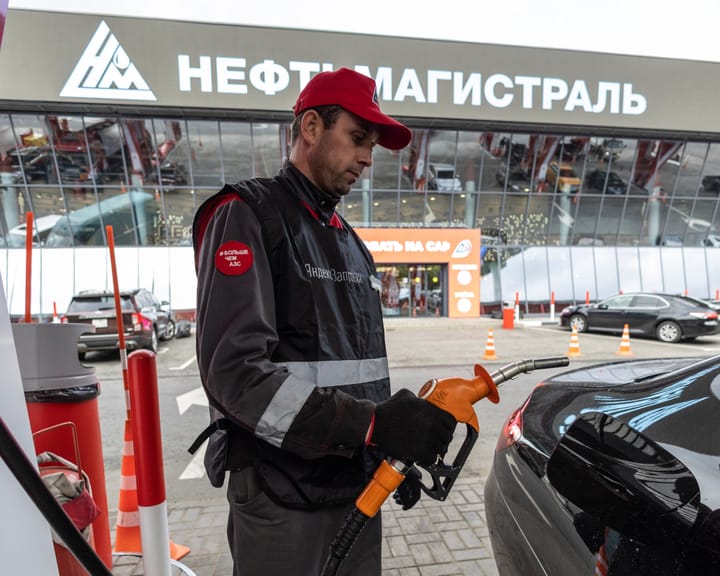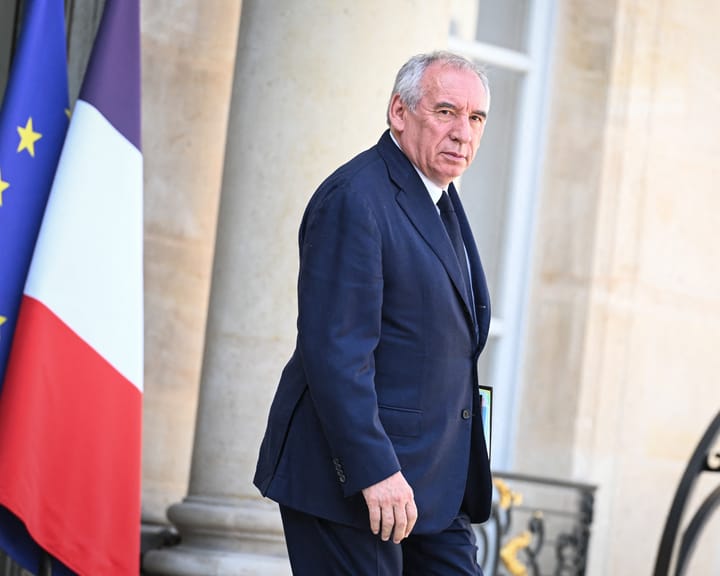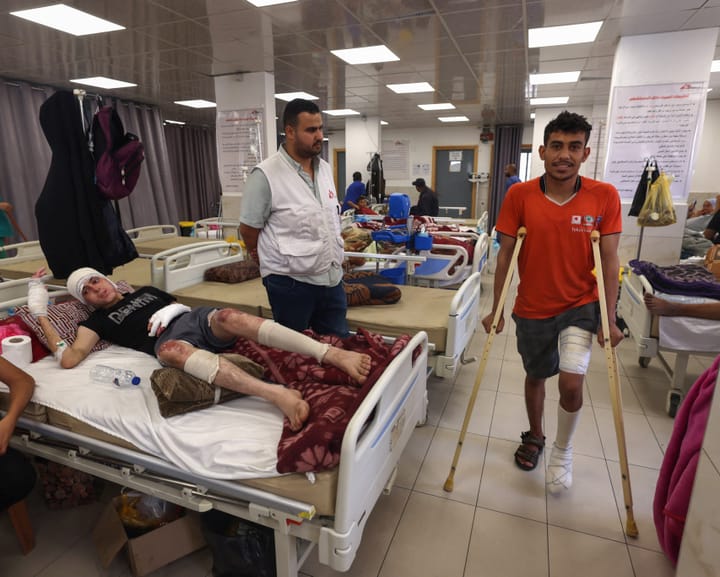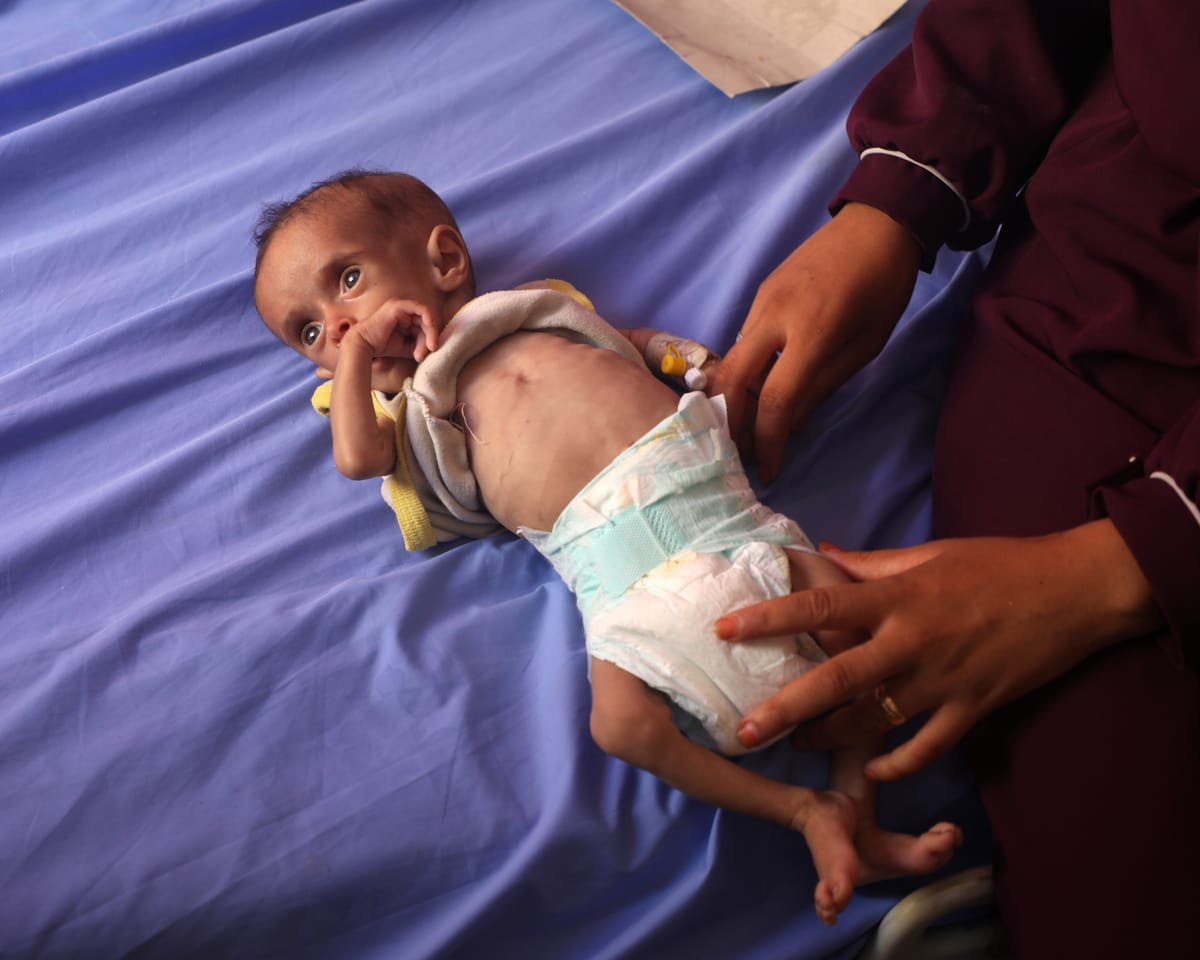Gaza Faces Shortage of Lifesaving Food for Malnourished Children, UN Reports
Gaza is nearing a critical shortage of specialized therapeutic food essential for treating severely malnourished children, according to United Nations and humanitarian organizations.
Salim Oweis, a spokesperson for UNICEF in Amman, Jordan, stated on Thursday that reserves of Ready-to-Use Therapeutic Food (RUTF), a vital treatment, could be exhausted by mid-August without immediate intervention. “The situation is dire—these supplies are running out,” he told reporters.
“This poses a severe risk to children already suffering from hunger and malnutrition,” Oweis added.
UNICEF currently has only enough RUTF to treat 3,000 children, while in just the first half of July alone, the agency provided care for 5,000 children with acute malnutrition in Gaza.
RUTF, which includes nutrient-rich, high-calorie products like fortified peanut paste and high-energy biscuits, is crucial for combating severe malnutrition.
A representative from the World Health Organization warned on Thursday that existing malnutrition treatment stocks have been nearly depleted and will soon run out entirely without swift replenishment.
### Ceasefire Negotiations to Resume Amid Aid Crisis
Negotiations for a Gaza ceasefire are expected to restart next week after Israel reviews the latest response from Hamas, according to Egypt’s state-affiliated Al Qahera News, citing an Egyptian official.
The report noted that Israel’s delegation departed talks a day after Prime Minister Benjamin Netanyahu recalled negotiators for consultations. The U.S., a key ally of Israel, also withdrew its team, with envoy Steve Witkoff criticizing Hamas for not engaging in good faith.
Hamas expressed surprise at the remarks, asserting that its stance had been well-received by mediators and could pave the way for an agreement.
### Diplomatic Efforts on Iran’s Nuclear Program Continue
Representatives from Iran, Britain, France, and Germany met in Istanbul to discuss the stalled negotiations over Tehran’s nuclear program—the first such talks since clashes between Iran and Israel in June.
Discussions focused on the possibility of reimposing sanctions previously lifted under the 2015 nuclear deal in exchange for restrictions on Iran’s nuclear activities. European officials warned that sanctions could be reinstated by late August without progress.
Read next

Ukraine strikes on refineries leave Russians struggling with fuel shortages
Russia Faces Fuel Crisis as Drone Strikes Cripple Refineries
Russia, often regarded as an energy powerhouse, is experiencing unexpected fuel shortages after a series of Ukrainian drone strikes damaged refineries across the country.
In several regions, petrol stations have run out of fuel, prices have soared to unprecedented levels, and

"France in crisis: Economic dispute escalates into political turmoil"
France finds itself in economic uncertainty, lacking a budget and possibly facing a government collapse. Prime Minister François Bayrou has called for a parliamentary confidence vote on 8 September. With left-wing and far-right parties vowing to remove the government, he lacks the necessary support to prevail.
Recently, the Socialist Party

"MSF reports a third of Gaza outpatient wound patients are children"
Nearly one-third of outpatients treated for injuries at medical centers operated by Médecins Sans Frontières (MSF) in Gaza last year were children under 15, according to data published in The Lancet.
The statistics, shared by MSF in correspondence with the medical journal, were gathered from six healthcare facilities in Gaza,

